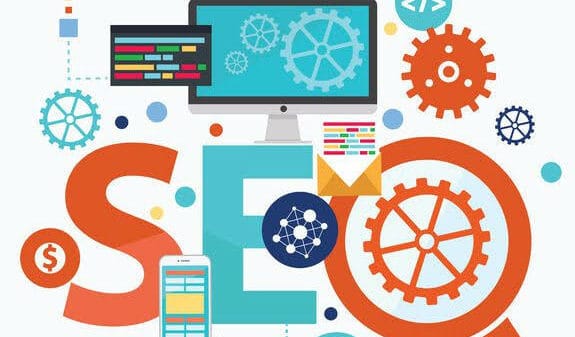In today’s fast-paced digital age, it can be difficult to get and retain the attention of visitors to your website. Sites that load quickly and efficiently can have a significant impact on visitor retention and conversions. On the other hand, search engines like Google also prioritize pages that load quickly. So if you don’t have a fast-loading site, you could potentially lose traffic to your site as well as a significant share of your competitors’ traffic.
As we move further into 2023, web speed optimization and making your site more accessible to users should be your priorities if you want to increase your sales. Research shows that 47% of consumers expect a page to load in two seconds or less, and 53% of consumers will abandon the website if the page takes more than three seconds to load. This shows that people are becoming increasingly impatient with pages that don’t load quickly enough. Here are some tips to help you improve your web speed and create a more responsive site for your customers.
Minimize HTTP requests
When a user visits your website, your server sends data through an HTTP request to the page on your website that the user requested. HTTP requests can take time and can be a burden on your site’s performance. To improve the speed of your pages, you should minimize the number of HTTP requests you make and minimize the size of your pages. This will reduce the amount of data being transferred over the network and improve the loading time for your users.
You can also combine multiple files into one and use CSS instead of images for layouts, resulting in a smaller file size and improved loading times.
Optimizing Images
Images on a website are essential for attracting visitors and making them click on the site. As a result, they cannot be poorly optimized. To improve the speed of your pages, you should optimize images. This will help your images load faster and improve your users’ experience on your website.
For web speed optimization, you can compress the images without compromising the image quality by using the Gzip plugin, Photoshop, or an effective compression tool on a computer. This will optimize the images before sending them over the Internet and improve the speed of your pages.
Moreover, you can also use responsive images that adapt to different screen sizes so that the images will resize automatically when a user changes their device.
Response Time of the Server
One of the most important factors that affect web speed is the server response time. A slow server response time can impact your website’s performance, which can negatively affect your conversion rate. You can easily minimize your server response time by changing your site’s speed on different test sites like Pingdom and GTMetrix.
Reducing requests made to the server will increase the speed of your pages and give your visitors a better experience.
Using a Content Delivery Network (CDN)
A Content Delivery Network (CDN) is a cloud-based infrastructure that distributes content to users worldwide. CDNs distribute data and files across multiple servers to speed up the delivery process and reduce the load on a single server.
Browser Caching
Browser caching will store frequently used resources like images or stylesheets that have been downloaded to the browser by the web server. When a visitor is on your website, their browser can serve the resources from the cache, reducing the load on your server and improving your website’s speed.
Third-party Scripts
Uninstalling unnecessary third-party scripts that are slowing your website down can help improve your web speed. Many third-party scripts are responsible for slowing down a website, so you can minimize the load on your server by uninstalling unnecessary scripts and waiting for the browser to update itself with the latest version of the script.
Reduce Redirects
Redirects are processes in which a page on your site changes to another page. It adds an extra HTTP request and increases the time to load the web page. Make sure to minimize redirects by using permanent redirects like 301 instead of 302. This allows you to manage your site more quickly and avoid redirecting users to different pages to load content.
If you need help with web speed optimization, SearchBerg can help! Their team of experts offers SEO and web speed optimization services to online businesses and individuals.
Joseph Dyson is a small business internet marketing expert at Search Berg, an award winning digital marketing firm that specializes in white label link building services, content marketing and data-driven white-hat SEO. As an online marketing and SEO aficionado, he regularly shares his thoughts and opinions on popular online publications.
























































































































































































